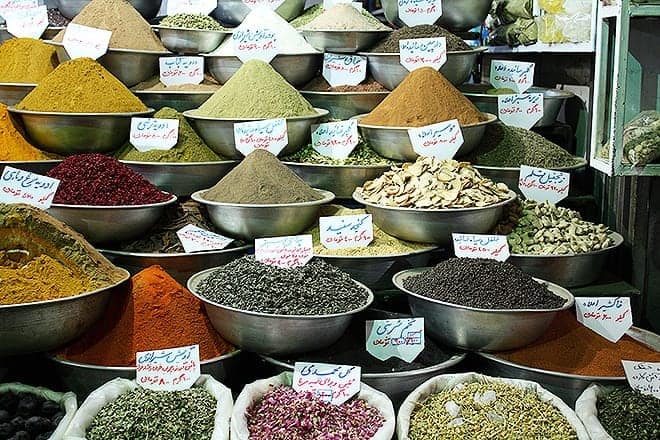New Iranian horizons

 Author: ahsan amjad – contributor
Author: ahsan amjad – contributor
Only a few years ago, we were placing Iran in the same boat as North Korea – a nation which former US president George W. Bush referred to as part of the ‘Axis of Evil,’ those countries that the US government believed to be actively promoting terrorism and seeking out weapons of mass destruction. To an extent, that definition fit Iran, especially under the leadership of individuals such as Ayatollah Khamenei, the Supreme Leader of Iran, and previous Iranian President Mahmoud Ahmadinejad. But, with Iranian elections in 2013, Iran’s foreign relations took a new turn with the appointment of the moderate President Rouhani, whose new foreign policies aimed to make amends toward the West in order to remove sanctions and alleviate Iran’s ailing economy. And, in July 2015, this resulted in the landmark Joint Comprehensive Plan of Action, a deal negotiated among the five permanent members of the UN Security Council (France, China, UK, Russia and US) and Germany with Iran that saw the curbing of Iran’s nuclear ambitions in exchange for end to sanctions. And, according to current reports, it has resulted in a significant pivot in Iran’s nuclear program from military to civilian, and research with oversight and support from several international bodies and nations.
But, what does this mean to Canada? The short version of it is that we have a new competitor and a new market for our goods and services. That’s good right? Well, the answer is complicated. We still have sanctions on Iran and have only just recently begun to relax and remove them. However, Iran presents an odd conundrum. On one hand, we definitely don’t approve of its human rights record, restrictions of freedom, military posturing especially against Israel, and support of known terrorist organizations. But, on the other hand, we have generally cordial relations with nations that engage in many of those practices – for example, China and Saudi Arabia. So what’s the difference? Well, in the case of Iran, there are a few reasons: firstly, we wanted to stop Iran’s nuclear ambitions and, secondly, (especially for the former Prime Minister Harper’s government) we wanted to show our unyielding support for Israel. But, in the case of China and Saudi Arabia, it’s both in our economic and geopolitical interests to maintain good relationships with those two nations, even though we disagree on a whole host of serious issues. And now, with recent events, it’s in our interests to do the same with Iran.
Many in Canada, especially in the political sphere, think we should be maintaining sanctions, as Iran still hasn’t proven itself. In addition, the Iranian military continues to build up and test more advanced weapon systems, while Iran continues to support Syrian President Bashar al-Assad in the Syrian Civil War. But, at same time, Canada’s business community very much welcomes the idea of Canada easing its own sanctions on Iran, because it means Canadian companies will have an opportunity to engage in Iran’s economy. Recently, the Canadian Manufacturers and Exporters president and CEO Jayson Myers stated, “There are some major business opportunities in Iran that Canadian companies are in a great position to be able to take advantage of.” This potentially means billions of dollars of revenue in Canadian coffers new export locations for our aerospace, agriculture and financial sectors. But, at same time, it would also mean an influx of new oil from Iran into the global market, which would further hurt our already shocked energy sector, but in calmer economic times, this could be a good thing.
So what’s the final verdict? In my opinion, this is a step in the right direction. Disengagement doesn’t benefit anyone and a good deal is one that helps everyone. Iran needs to be engaged on the world stage and one of the best ways to do it is economically. Canada has an excellent opportunity to significantly contribute to that engagement and benefit substantially from it. If Iran gains considerably from an economic relationship with us and the world at large, that means it will tether itself to the global market and, more broadly, the global community. This would obligate it to be more responsive when the global community wants Iran to be a positive participant in matters, especially pertaining to peace, cooperation, and security in the Middle East. But, we should not ignore what Iran has done in the past, nor what they are doing currently. And, to my optimistic outlook, I would add a note of caution to ensure we hold Iran accountable when they engage in practices and policies we do not and should not support. Look to the sunrise on the horizon, but never let it blind you to the path before you.









